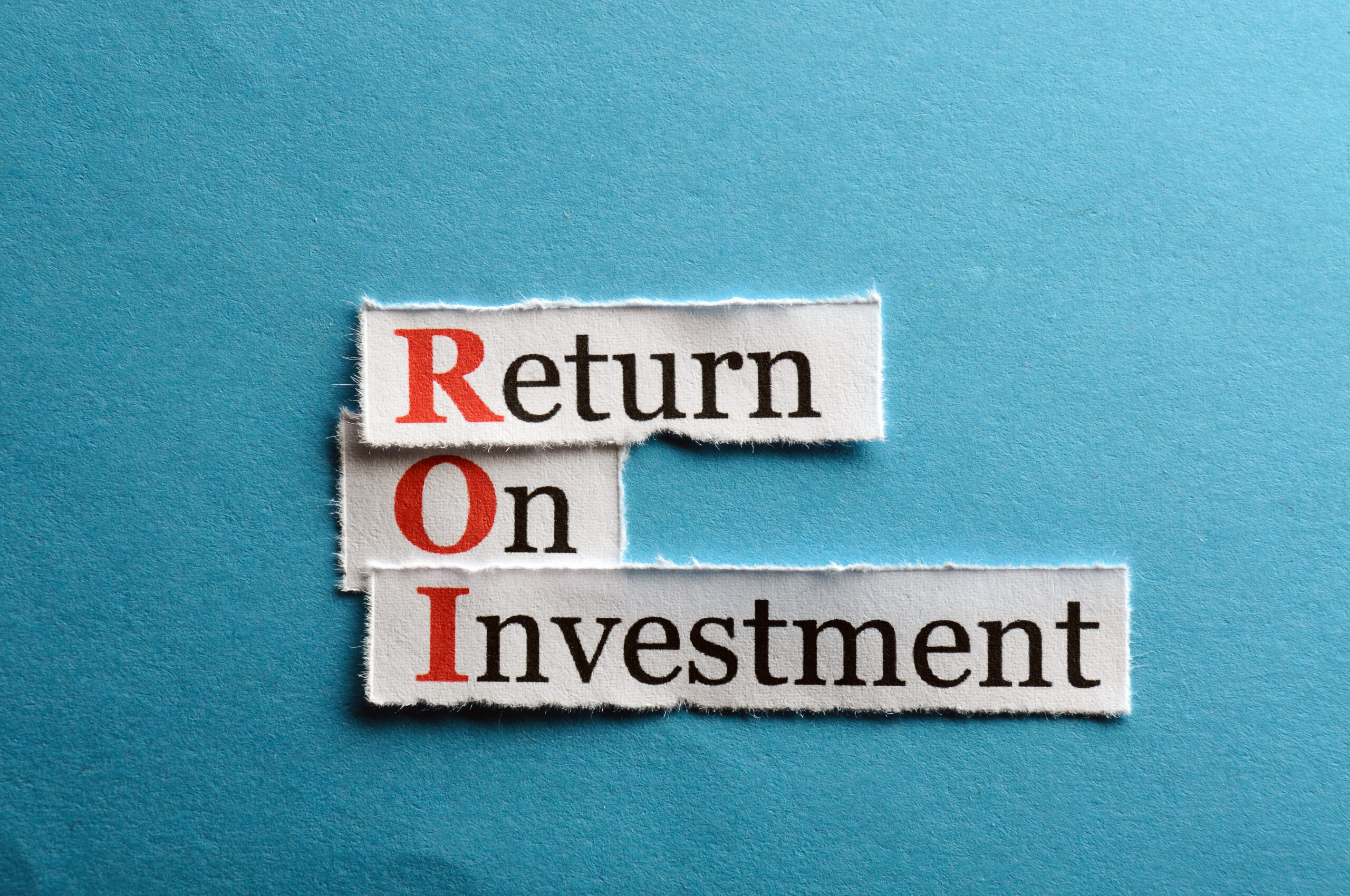In an exclusive excerpt from their new book, Megan Reitz and Michael Chaskalson give us a few home truths about that elusive work-life balance.
“It’s ok, I have a holiday coming up in a few months. I can just stick with it until then and then I can recover.”
“Well I never really do much on a Sunday, so I could just use it to get ahead for the week by doing my emails…”
Do either of those comments sound familiar? We imagine for that many of you they do.
Can we really have it all?
We were recently invited to take part in a panel discussion entitled ‘Can we really have it all?’
The panel were debating whether we must simply accept that there is a trade-off between high performance and work–life balance. The assumption was that if we want to succeed at ‘work’ we need to sacrifice a great deal of ‘life’.
The discussion highlighted one of the most embedded myths of our time: the more we work, the more we achieve. This assumption has serious consequences as it drives many of us to work to the point of exhaustion.
At some point the pressure increases to the level where we become stressed. And at that point our performance begins to decline. Here’s the important issue though: we may not realise that we have reached that point.
There is an age-old relationship between levels of pressure and corresponding performance. At first, as pressure or levels of challenge increase, performance rises. When we’re given a job where the level of interest feels just ‘right’ we rise to the occasion and our performance increases.
But those performance improvements don’t continue indefinitely. At some point the pressure increases to the level where we become stressed. And at that point our performance begins to decline. Here’s the important issue though: we may not realise that we have reached that point.
Are you in the Exhaustion Funnel?
Do you frequently wake up in the morning and notice that your body is aching? Do you find it difficult to get to sleep with thoughts running through your mind? Perhaps you feel guilty that when not at work you should be working?
Marie Asberg, a clinical professor who specialises in burnout, developed the Exhaustion Funnel, which shows a ‘funnel’ of aches and pains, sleep problems, lack of energy, guilt, joylessness and depressed mood leading to exhaustion. Symptoms such as these signal a need to protect our physical and mental wellbeing. To do this, we need to uncover delusion.
The zone of delusion
Many of us, convinced that if we work harder we’ll perform better, ignore the ‘life’ bit of work–life balance, put our heads down and try harder. When we do that we can find ourselves saying things like the comments at the beginning of the article.
Of course, comments like these might be fine in some circumstances. Work–life balance is a matter for the individual and we are all different. But if we find ourselves saying these sorts of things habitually, and noticing signs of exhaustion, then we may have entered the ‘zone of delusion’.
In the zone of delusion, we think that by continuing to tip the balance away from ‘life’ and towards ‘work’ we’re performing well and getting things done. But we’re not. Instead we find ourselves in a vicious cycle of more work and less ‘life’. If this happens we may be on the edge of burnout and in danger of entering the Exhaustion Funnel
Using AIM to escape from the Exhaustion Funnel
Unfortunately, we do not use our minds as well as we might. The problem is that although we have enormous potential at our disposal our minds don’t come with an instruction manual. All we get is some rudimentary guidance.
The good news, however, is we can use our minds more effectively – and when we learn how to do that, we can identify when we have hit the delusion zone.
There are simple things you can do every day in just 10 minutes to help you shape your mind. Mind Time practices help develop three key capacities, collectively referred to as ‘AIM.’ These fundamental building blocks of mindfulness are:
- Allowing – an attitude of kindness and acceptance.
- Inquiry – a curiosity about your present-moment experience.
- Meta-awareness – the ability to observe your thoughts, feelings, sensations and impulses as they are happening
AIM helps us manage boundaries
Particularly through meta-awareness of our thoughts, feelings, sensations and impulses, we’re able to notice more frequently when we tip into the zone of delusion. The practices help us to habitually check in with how we are, so we are more likely to notice when we are trying to convince ourselves that we’re fine and we ‘just have to carry on.’
RELATED CONTENT
We are more likely to notice when our body and mind give us clues that we’re entering the Exhaustion Funnel.
Many of the people who have been practising Mind Time and using AIM feel more connected to their bodies and are able to pay more attention to pain and tension. If we notice these things early we can do something about them – preventing a situation where our body and mind have got themselves into a more serious, even irreversible condition.
It is when we notice that we are deluded that we must respect our boundaries more. For some of us, the blurring of boundaries can deepen the Exhaustion Funnel; for others it gives us freedom to do what we want, when we want to. Either way, AIM helps us to make clearer choices about our boundaries, which can, in turn, help us to stay on top of the curve.
AIM for work life balance
Overall, Mind Time practices can help us negotiate our commitments better inside and outside work. We inquire into our purpose and about how we can make potentially difficult decisions in prioritising. We develop meta-awareness around how we choose, experience and stick to our work–life boundaries in the moment.
We can encourage a more supportive internal voice and stay in a more resourceful state.
If practising ten minutes every day makes it more likely that we will make clearer choices about our boundaries and recognise that our bodies are giving us signals before we reach that point of exhaustion, then it is surely time very well spent.
About the authors
Megan Reitz is Professor of Leadership and Dialogue at Ashridge Executive Education. Michael Chaskalson is a Professor of Practice at Ashridge where he helps deliver the Mindful Leader and Leading on Purpose programmes. Mind Time: How 10 mindful minutes can enhance your work, health and happiness, Michael Chaskalson and Megan Reitz, Harper Thorsons, 2018



